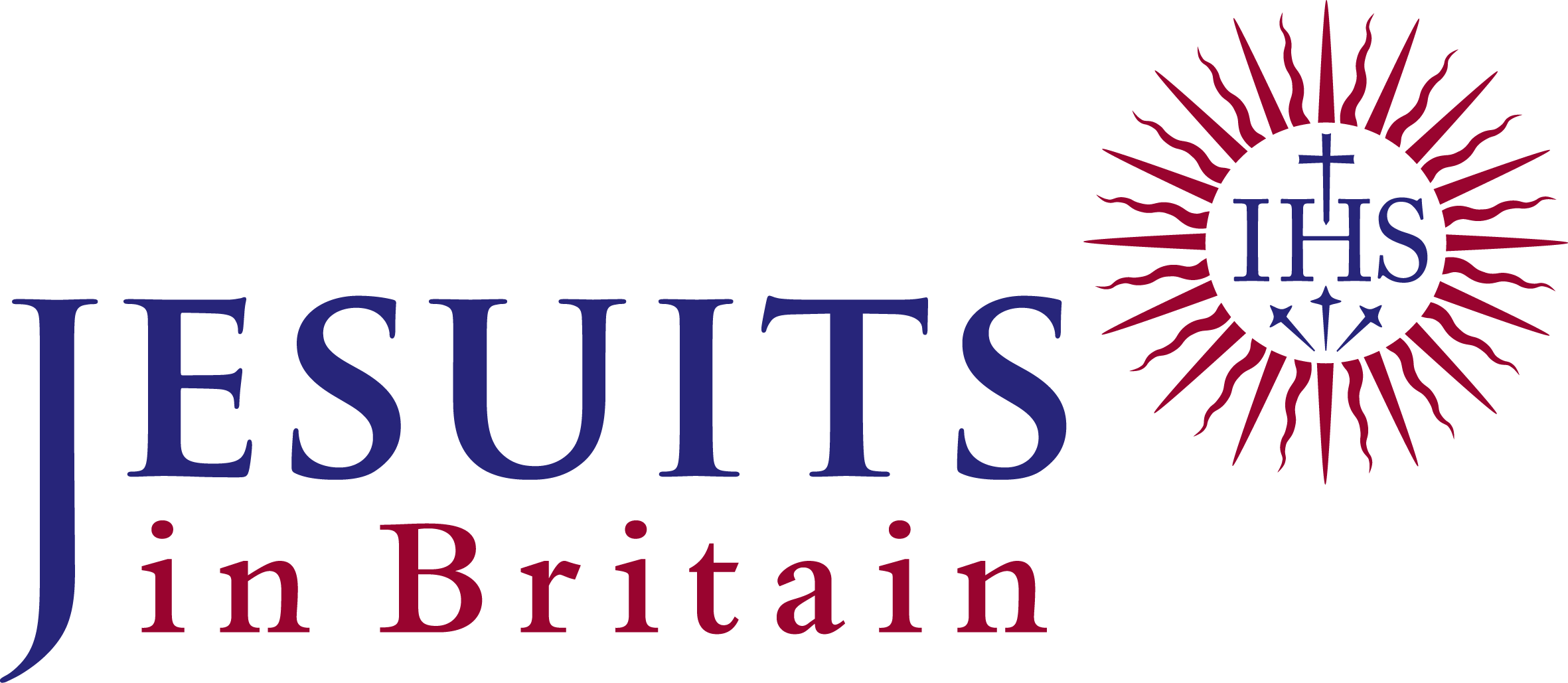|

| |
FOUND IN TRANSLATION
Please click here to subscribe to The
Way, Subscribers may download the whole of this issue here . You will need your subscriber number; if you have requested an electronic subscription a reminder of this number will have been e-mailed to you. Otherwise please e-mail us to obtain your number. Contents Stephan Rothlin and Bruno S. Frey Jesus’ parable of the Prodigal Son still has the power to shock us, with the profligate younger brother being rewarded and the scrupulous older one seemingly penalised. Can contemporary economic theory throw some light on the response of the father to his two sons? Jean-Michel Laurent Jean-Michel Laurent continues his reflection on the nature of priestly formation, particularly in an African context. Here he considers the role that feelings have in helping a candidate, and those responsible for his formation, come to a responsible assessment of his vocation. Robert R. Marsh One way of classifying spiritualites is by the name of the founding figure associated with them. Rob Marsh, who works in the Loyola Hall Spirituality Centre on Merseyside, here asks what it is that is distinctive about ‘Ignatian’ spirituality. George Tyrrell To mark the centenary of his death, The Way presents three meditations from a collection by the Jesuit George Tyrrell, who would later be expelled from the order when it was thought that he had gone too far in adapting Christian teaching to contemporary patterns of scientific thought. Robert E. Doud Alfred North Whitehead was a philosopher and logician writing in the first half of the twentieth century. Robert Doud finds perhaps surprising parallels between his work and Ignatian spirituality by looking at how each approaches the idea of commitment. Wolfgang Beinert A forthcoming revision of the official texts used in Roman Catholic liturgy is provoking intense debate. Wolfgang Beinert shows how the translation of a single phrase can illustrate many of the issues involved in this discussion. Download this article in PDF format by clicking here Alberto Ares Meteos ‘Yellow arrows’ are used to guide walkers along the pilgrim trails to Compostella in Spain. Using this image, Alberto Ares Meteos offers a contemporary reading of the Two Standards meditation in the Spiritual Exercises. Richard Shortall For some years now in Europe and North America ‘weeks of guided prayer’ have allowed those unable to visit a spirituality centre to enjoy many of the benefits of a guided retreat. How can this model be adapted to the situation of rural Australia? Richard Shorthall describes one such venture. Howard Worsley Jesus told his followers that they must become like little children, and Francis of Assisi is one of those who has taken this injunction most literally. Here Howard Worsley uses the psychological theory of the ‘inner child’ to present a Franciscan spirituality for the twenty-first century. Book Reviews on on Ignatian prayeron on naturalism on on spirituality and mission on religious pluralism on Cain and Abel on Mark's Gospel on St Paul on Colossians and Ephesians on a spiritual autobiography on the Irish School of Ecumenics on the academic study of spirituality on Thomas Merton and prayer From the Foreword ONE OF THE HANDICAPS under which I labour in editing this journal is that of being a monoglot English-speaker. Plainly there are rich traditions of both historical and contemporary spirituality in French, Spanish and German, to say nothing of the other languages of Europe and beyond. To these I have little direct access. Fortunately there are other people involved in the production of The Way who can rectify this situation, and in recent years one aspect of our editorial policy has been to make a selection of relevant articles from elsewhere available in translation. In different ways, though, the diverse pieces in the current issue raise questions about this kind of process.This is most obvious in the essay (itself translated from German) in which Wolfgang Beinert discusses a proposal being made by the Vatican about the translation of a key phrase in the Roman Catholic eucharistic liturgy. A revision of the official vernacular texts is currently under way. It aims at a more literal translation of the Latin originals than that currently in use. Yet too literal a translation can actually impede an understanding of a text, by omitting nuances or failing to grasp figurative language adequately. And so the debate continues. Why should this matter, beyond the realms of liturgical purity? Because translation, the attempt to make one set of terms comprehensible to those who habitually employ another, is not limited to questions of the linguistic fluency. After a lifetime of study of the philosopher Alfred North Whitehead, Robert Doud argues here that the concepts that he uses can throw valuable new light on ideas central to Ignatian spirituality. Alberto Ares Meteos translates the contrasting dynamics of the Two Standards meditation in the Spiritual Exercises as ‘the path of least resistance’ and ‘the path of consciousness’. Meanwhile Howard Worsley employs the psychological language of the ‘inner child’ to deepen an understanding of some key concerns of St Francis of Assisi and his followers. And Stephan Rothlin and Bruno Frey tackle the parable of the Prodigal Son from the perspective of, and employing terms familiar to, contemporary economic theory. Nor need translation be confined to matters of words alone. Richard Shortall has taken a way of leading retreats in parishes which has become familiar in Europe, and ‘translated’ it into the setting of rural Australia. His article describes the outcome. Jean-Michel Laurent, in the second of his articles on priestly formation, is concerned with how seminarians can be helped to translate an awareness of their feelings into the kind of words that enable vocational discernment to take place effectively. In this sense Rob Marsh might be said to be concerned with the limits of translation: where do the boundaries of a spiritual direction that can legitimately be called ‘Ignatian’ lie, and what, by contrast, does direction beyond these boundaries look like? A hundred years ago the question of whether the traditional ways in which Christian teaching was expressed could be translated into terms more consonant with modern scientific thought and, if so, how this was to be done, was a highly contentious one. One of those who tried hardest to effect this change was a Jesuit of the English Province, George Tyrrell. Eventually, however, his work was condemned by the Church’s magisterium. It took another sixty years, and the work of the Second Vatican Council, for this kind of outlook to become more widely accepted. In this year which marks the centenary of Tyrrell’s death, our ‘From the Ignatian Tradition’ strand offers three short extracts from a book of informal mediations first published in 1897. Paul Nicholson SJ
Please click here to subscribe to The
Way, | ||
| |






|



